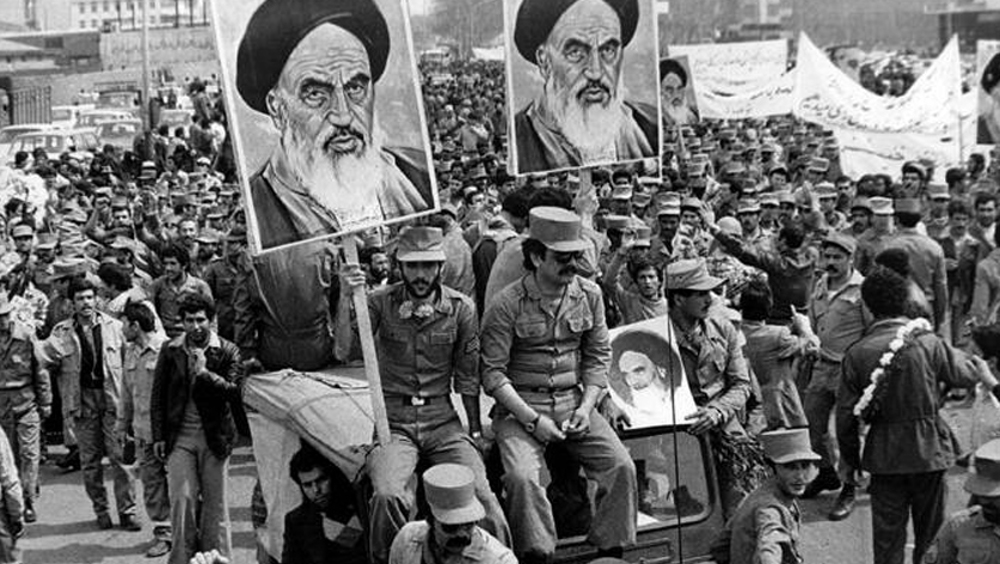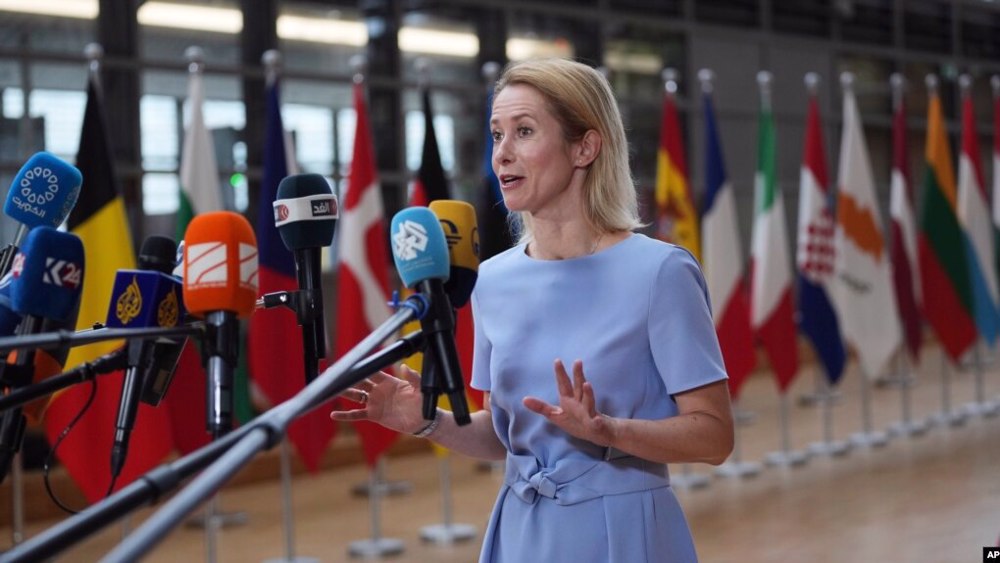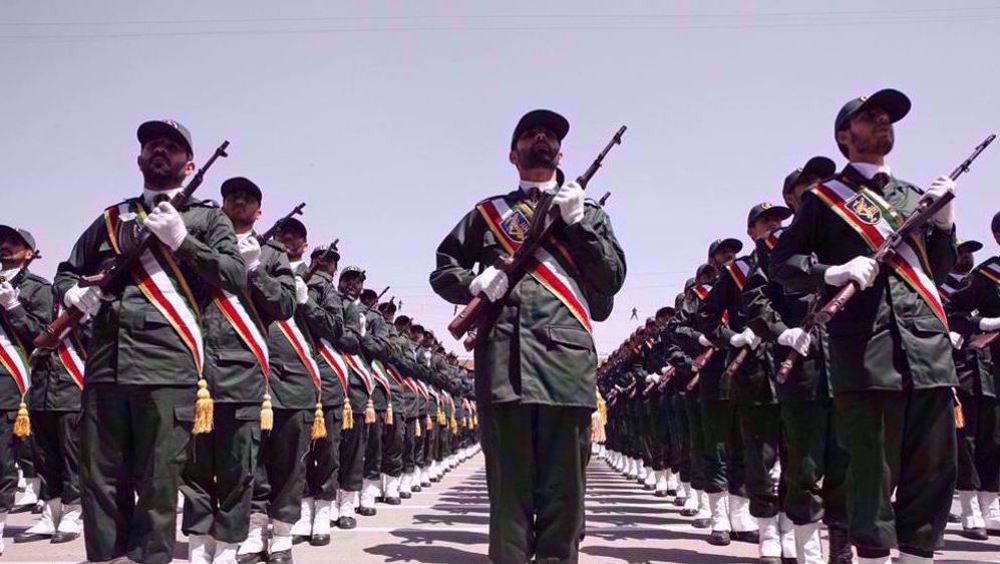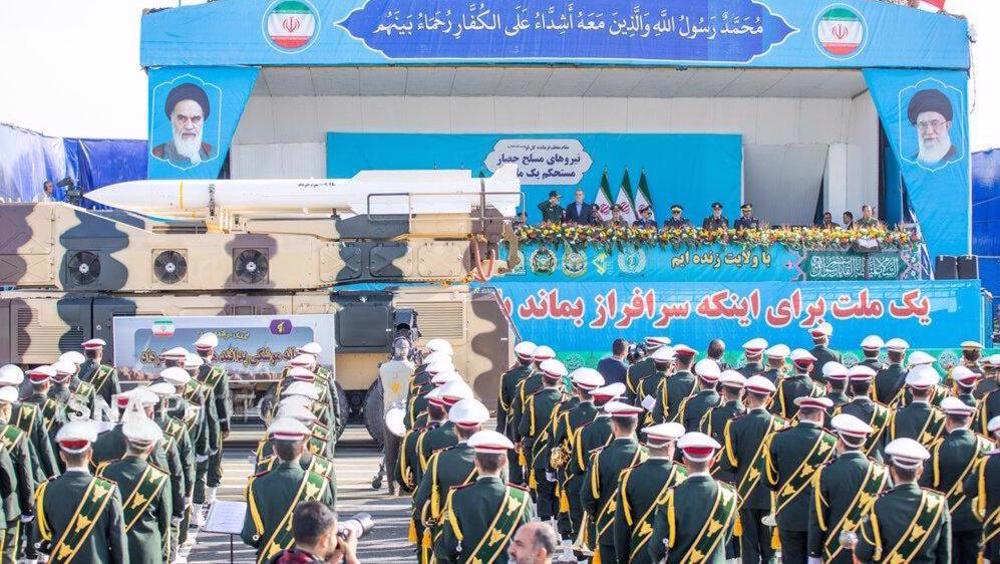President Raeisi urges greater cultural efforts to highlight 15 Khordad uprising
President Ebrahim Raeisi calls for greater cultural work to elucidate the root causes and motives behind a popular 1963 uprising against a US-installed brutal dictator that culminated in the victory of the Islamic Revolution in 1979.
During a meeting with officials from the National Congress on Commemoration of the 15 Khordad uprising in Varamin city on Monday, President Raeisi called on state authorities to remind the public about the atrocities and crimes perpetrated by the then Pahlavi regime.
He further stressed that services rendered to all walks of people as well as achievements attained by the Islamic establishment must be enumerated via all available means of communication and social media platforms.
The president also noted that special attention needs to be paid to explain the root causes of the 15 Khordad uprising as a turning point in Iran’s history, emphasizing that the potentials of university students and intellectuals have to be utilized for such a sublime objective.
The Islamic Republic of Iran is commemorating the 60th anniversary of the uprising. People took to the streets on that day to protest the arrest of the late founder of the Islamic Republic Imam Khomeini after he delivered a speech vehemently censuring the country’s Western-backed Shah and the Israeli regime.
The protests of June 5 and 6, 1963 in the Iranian cities of Qom, Tehran, Shiraz, Mashhad and Varamin were ruthlessly crushed in a bloody crackdown, in which dozens of people were killed.
The uprising opened up a new chapter in a grassroots resistance against the Pahlavi regime and the then-monarch, Mohammad Reza Pahlavi.
After the 15 Khordad uprising, however, the US-backed regime stepped up its heavy-handed clampdown, going on a spree of arrests, imprisonment and execution of dissidents, which led to further unrest across the nation.
Throughout those years, Imam Khomeini was sent to exile in Iraq, Turkey and France for 15 years, before returning to Iran, leading to the triumph of the Islamic Revolution in February 1979.
Iran's Armed Forces warn EU of ‘consequences’ of IRGC designation
Iran FM: EU’s blacklisting of IRGC a ‘major strategic mistake’
EU blacklists IRGC in legally flawed move irrespective of consequences
VIDEO | Press TV's news headlines
VIDEO | Afghanistan opens first specialized cancer hospital
Trump officials held secret talks with Canadian separatist group: Report
VIDEO | Pakistan’s legal community condemns UNHRC anti-Iran resolution
Resistance groups announce volunteer recruitment to defend Iran










 This makes it easy to access the Press TV website
This makes it easy to access the Press TV website